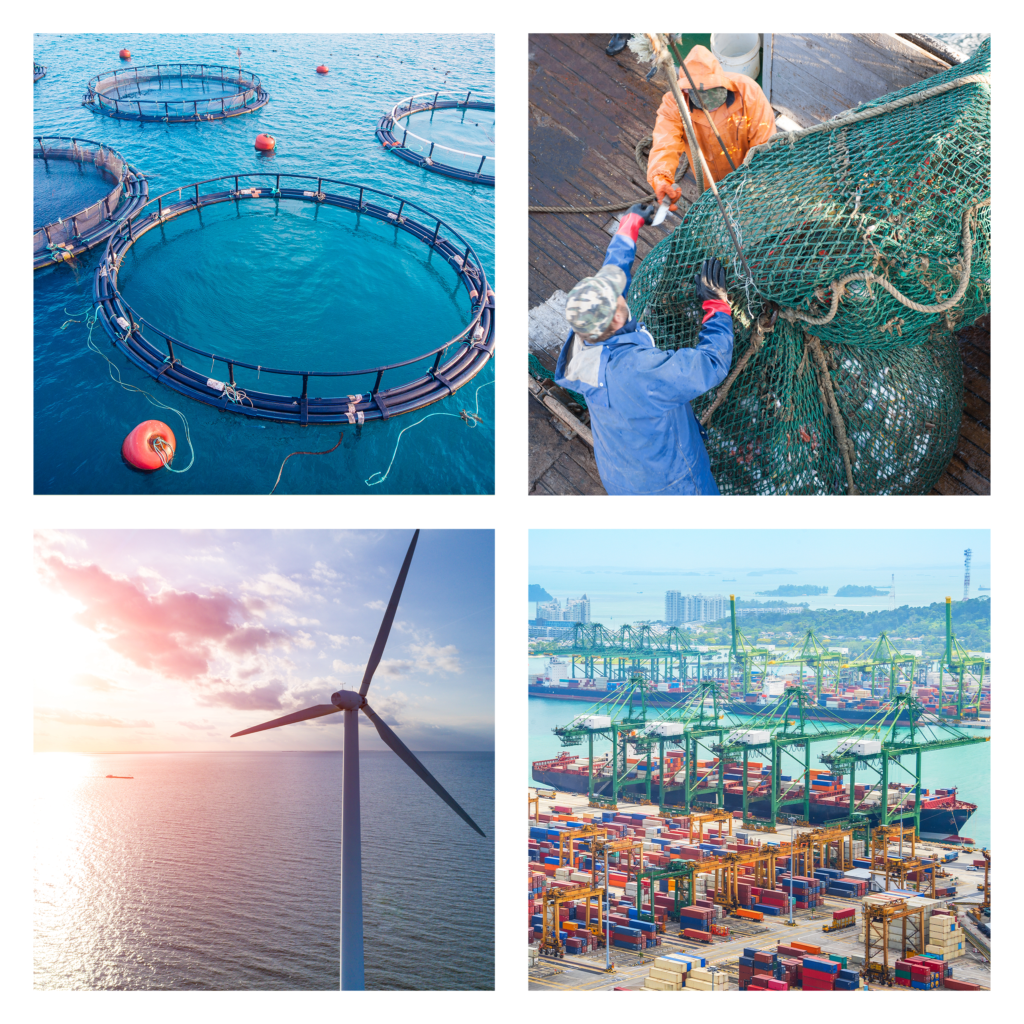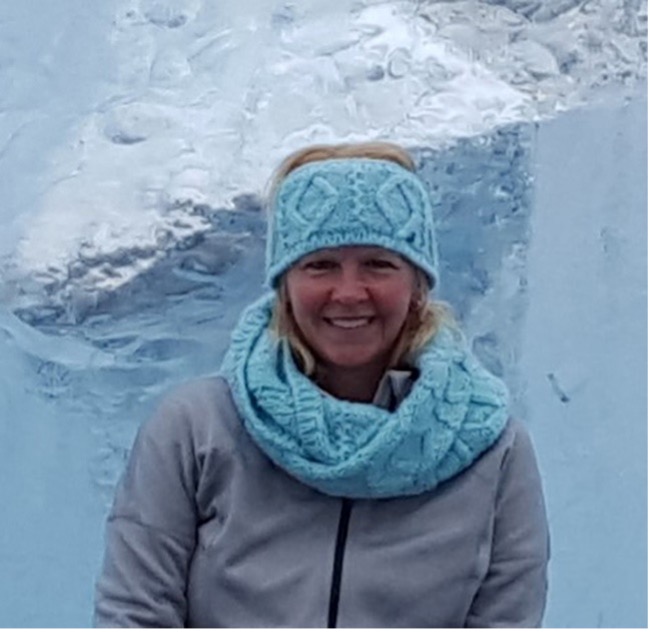By Liesl Hotaling, President, Eidos Education
There is a global need for skilled workers across multiple sectors within the marine industry. By 2030 it is estimated that the industry will employ at least 40 million full time equivalent jobs. The fastest growth is anticipated within offshore wind energy, marine aquaculture, fish processing and port activities. (OECD, 2016). Many of these jobs will not require advanced degrees in engineering or science but rather skills and competencies focused credentials. The preparation of the workforce demands specific understanding and capabilities supporting technical competencies common to the industries they serve.
To address this need, the Marine Technology Society (MTS) is working on the concept of a series of stackable microcredentials to create accessible and flexible pathways to learning and vocational training. The microcredentials will address core competencies required for employment in the blue economy and capture learners entering the workforce; applying skill sets acquired during military service; acknowledgement of skills acquired “on the job”; and as a vehicle for employment retraining. As members of the MTS represent several sectors (industry, government, military, and academia), the collective wisdom and experience within the Society membership will accurately identify the needs of the sectors with respect to competencies that can evolve with the changing workforce seascape.

The four sectors of potential growth in the marine industry: (top L) marine aquaculture, (top R) fish processing, (lower L) offshore wind, and (lower R) port activities.
What are microcredentials? Microcredentials are short, competency-based recognition that allows a student to demonstrate mastery in a particular area. They are smaller in scale and scope and represent specific knowledge and/or skills acquired and demonstrated. Once a learner demonstrates their competency, a badge is issued. Badges are a transferrable symbol used to verify the attainment of specific competencies and can be added to resumes, LinkedIn profiles or other social media platforms as instant recognition of their personal skill set. Microcredentials can be “stacked” in various ways – like interlocking blocks – to build toward competencies needed for learners to attain their specific certification and/or employment goals.
Microcredentials are:
- Personalized: create own pathway based on interests and career goals and address gaps in skills
- Flexible: addresses increasing need for flexible learning mechanisms
- Performance-based: awarded based on demonstrated mastery of the subject matter
This shift to a more skill based credentialling framework will enable a broader pool of diverse talent to support this growing workforce need. This workforce will have a significant impact on the future ocean, helping advance and implement renewable energy sources; generating more robust and accurate data leading to improved predictive capabilities, tools and services for mineral extraction and management, marine management, and commercial shipping; mitigating coastal damage and severe weather hazards increasing with impacts of climate change; and supporting sustainable food harvesting.
The microcredentials framework will be an example of a community-based approach to address a growing workforce demand. Expertise from each sector will inform the competencies required of their employees. The cross training/upskilling provided through the framework is intended to create workers capable of operating current marine technologies needed to drive exploration and industry, generating innovation and new applications and/or refinements of existing technology, and development of new technologies.

Liesl Hotaling is President of Eidos Education and is a Senior Research Engineering with the College of Marine Sciences, University of South Florida. She serves as the Project Manager of the Student Enabled Network of Sensors for the Environment using Innovative Technology (SENSE IT) and specializes in real time data education projects and hands-on STEM educational projects supporting environmental observing networks. She is the co-editor and contributor to the 2021 publication Preparing a Workforce for the New Blue Economy: People, Products and Policies. She serves as the Vice President for Communications and Publications for the Marine Technology Society (MTS), and is an MTS Fellow. She holds a B.S. in Marine Science, a M.A.T. in Science Teaching, and a M.S. in Maritime Systems.



